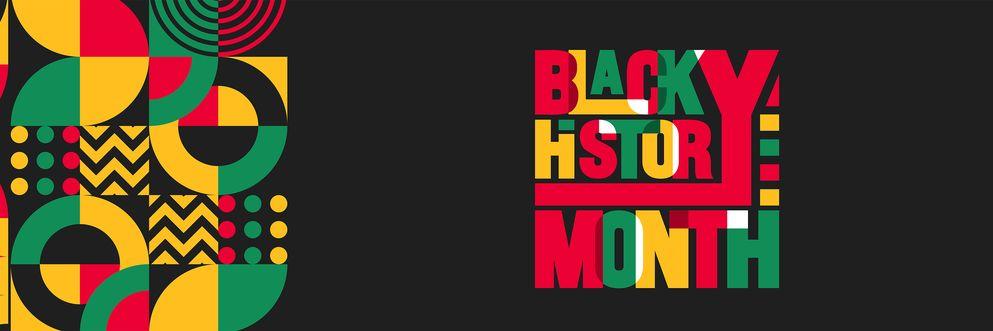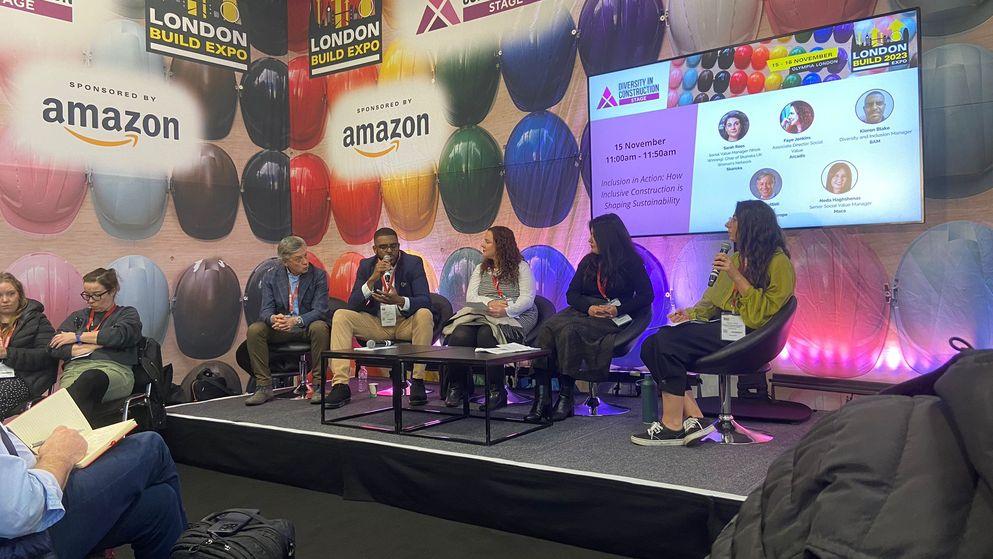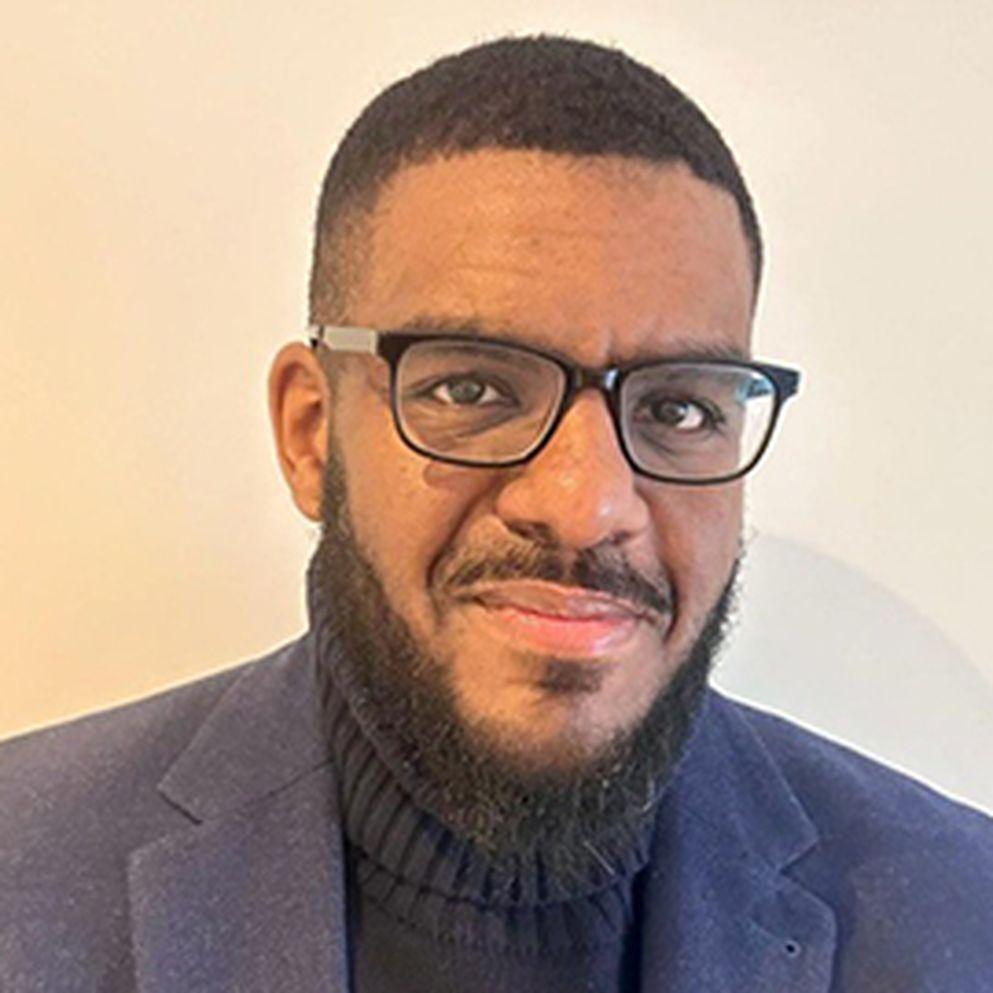
Reclaiming Narratives: Black History Month 2024
Reclaiming Narratives: Black History Month 2024
As Black History Month 2024 begins, we are called to reflect on not only the achievements of Black individuals and communities throughout history but also the stories that often go untold or misrepresented. Working as a Black male diversity and inclusion manager in a construction company, I recognise that these narratives are just as crucial within the workplace as they are in society.
When I joined BAM, I came with a vision for change but also an understanding of the specific barriers that diversity work can face within this industry. Construction has historically lagged behind sectors like tech or finance in terms of representation, and while BAM is making strides, there remains work to be done.
One of the most promising changes I’ve observed is a genuine willingness among BAM’s leadership to support diversity and inclusion initiatives. It’s heartening to work in an environment where discussions about diversity are welcomed, and it’s a testament to the progress that BAM has made. But beyond discussions, we’ve seen tangible shifts. For example, the recruitment and hiring processes have evolved to emphasise equitable practices, aiming to reduce unconscious bias and bring in a wider range of perspectives. Initiatives like these are the foundation upon which a more inclusive BAM is being built.
Black History Month is an opportunity to bridge past and present. It's a reminder that the Black British experience is layered, multifaceted and diverse, filled with contributions that have been pivotal in shaping this country. Yet, too often, these contributions have been either relegated to footnotes or interpreted through perspectives that fail to capture the full breadth of Black experiences.

The Importance of Reclaiming Narratives
Reclaiming narratives is about more than rewriting history; it’s about ensuring that the voices of Black communities are respected, heard, and shared authentically. In my role within the construction industry—a sector that has not always been associated with diversity—it’s clear how valuable it is for Black professionals to feel seen and represented. This sense of visibility encourages not only self-pride but also fosters an environment where others are more inclined to embrace diverse perspectives. Reclaiming these narratives can help counter the stereotypes and biases that have pervaded our societies and workplaces.
Amplifying Voices in the Workplace
Construction may not traditionally be associated with diversity and inclusion, yet the industry has long been influenced by the contributions of Black workers. For example, after World War II, the UK faced an urgent need to rebuild its cities and infrastructure. Black workers from the Caribbean, particularly the Windrush generation, were instrumental in this reconstruction. Many Black workers took on construction roles in major cities, helping to rebuild homes, roads, and essential infrastructure. These workers filled critical labour shortages and played a pivotal role in revitalising post-war Britain, contributing to projects like public housing developments and the expansion of transportation networks.
Reclaiming these contributions means highlighting and celebrating the diverse talent within our industry, past and present. Through mentorship programmes, diversity and inclusion training, panels, and storytelling sessions, we can amplify Black voices and demonstrate the significant roles they have played—and continue to play—in our field.
By sharing stories that reflect the lived experiences of Black professionals, we are creating a culture that values diversity as essential to growth. Encouraging colleagues and leaders to engage with these stories can foster empathy and inspire more inclusive thinking across all levels of a business.
Celebrating Complexity: Honouring Identity in Multicultural Spaces
Being from multicultural London has taught me that identity is rarely singular. For many Black Britons, heritage often combines African, Caribbean, Asian, European, and other influences, creating a rich mixture of backgrounds and experiences. This complexity is a strength, and by acknowledging it, we honour the true essence of Black British culture.
I take pride in knowing that my role as a diversity and inclusion manager is part of this movement. Each conversation, each policy, each moment of recognition contributes to creating a workplace and a world where all stories are honoured, and all voices can be heard.
So, this Black History Month, let’s commit to reclaiming our narratives, sharing our experiences, and ensuring that every facet of the Black experience is celebrated. By doing so, we pave the way for a more inclusive future that honours the true diversity of our histories.
About the author

Kieron Blake
Kieron is a Diversity and Inclusion Manager for BAM UK & Ireland.
His role is about developing inclusive practices within BAM to ensure that our staff have a positive experience, regardless of their social status or personal characteristics, for example, their ethnicity, disability, or LGBTQ+ status.
Kieron’s job is to make sure that BAM are inclusive and supportive of all staff so that they can do their best at work and fulfil their potential.
It's also about helping staff to think, when they're delivering services, about the needs of different communities, especially those that are less likely to have a voice.

